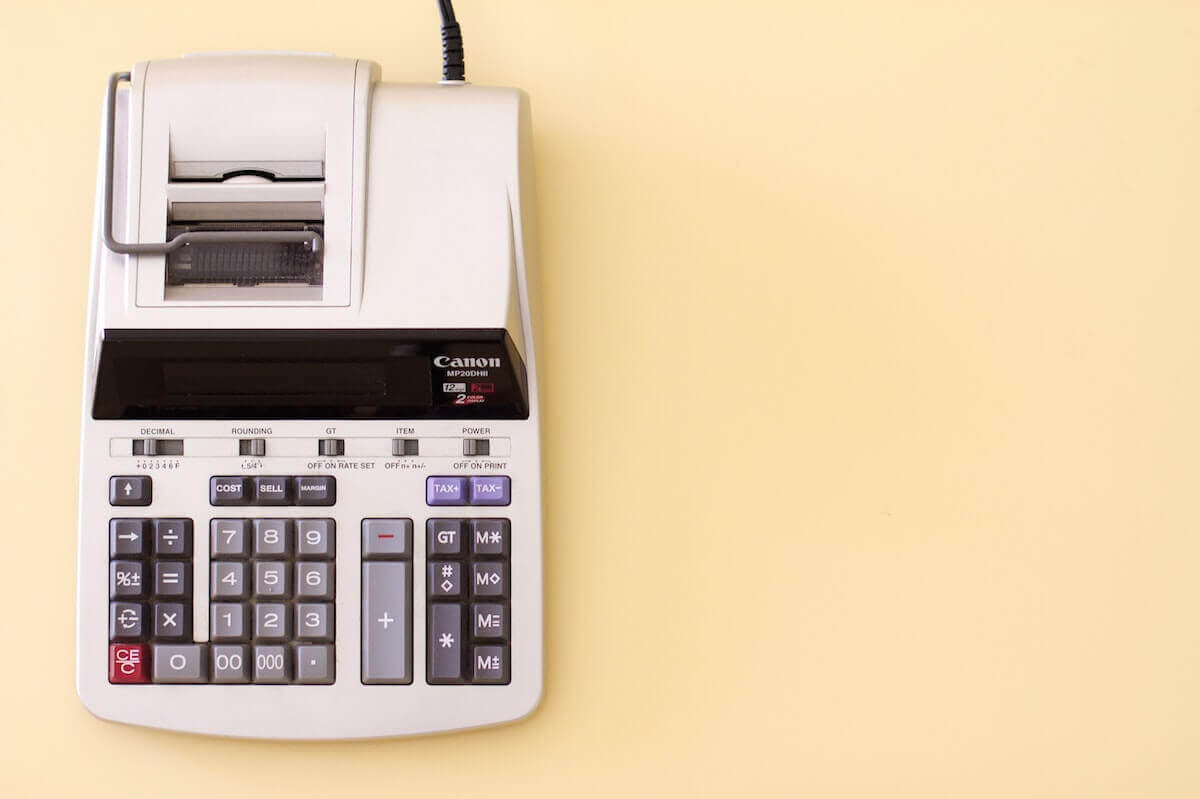As a paralegal, you provide extremely valuable services to your employer or client. You handle a lot of case management but also the extremely important task of client billing and invoices.
Lawyers entrust you with a wide range of tasks, but not everything is billable. Tracking billable hours for paralegals has become a standard part of law firm culture, but it still leaves the law firm with the question of what to charge.
So, what do you need to know about paralegal billing?
In this blog post, we’ll cover the basics of paralegal about billing. We’ll also include what paralegals can bill for, the basics of paralegal hourly billing rates, and best practices.
What can paralegals bill for?
Paralegals take on a wide range of roles and responsibilities on behalf of lawyers. But—just as with attorneys—not everything that paralegals do is billable. In general, paralegals can only bill for substantive legal tasks. These are tasks that require legal skill, training, education, and experience—which paralegals complete on behalf of a supervising lawyer.
With this in mind, paralegals can potentially bill for certain tasks (which a lawyer would otherwise have to complete), including:
- eDiscovery
- Preparing legal documents
- Legal research
- Client communication
Conversely, administrative or clerical tasks that a paralegal completes (like filing or making copies) are considered non-billable.
ABA Model Guidelines for the Utilization of Paralegals outlines the general guidance above. In Guideline 8, the ABA states that a “lawyer may include a charge for the work performed by a paralegal in setting a charge and/or billing for legal services.”
However, law firms and supervising attorneys need to check with and refer to their jurisdiction and local state bar rules to determine what paralegals can bill for. For example, the ABA Guidelines also note that—in certain jurisdictions—courts have specific requirements for the type of billable paralegal work.

How do paralegals bill their time?
Paralegals can bill for their substantive legal work similarly to attorneys, but typically at lower hourly rates than lawyers. In fact, most paralegals bill hourly and directly to clients.
Paralegals billing hourly must know how to log portions of hours worked accurately. To quickly track and calculate hours without cutting yourself short or padding your time, both lawyers and paralegals bill in standard time increments. Most lawyers and paralegals bill by 1/10th of an hour (or six-minute) increments.
Of course, not all law firms use billable hours exclusively or at all. If a firm prices their legal services using an alternative billing structure, paralegal work time will be considered when setting those fees. These alternative fee arrangements include fixed or flat fees, contingency arrangements, retainer, sliding scale, or subscriptions.
However, paralegals need to know that most state guidelines prohibit paralegals from setting fees.
Learn more about common billing increments and tools to calculate them.
What is the average paralegal hourly rate in 2023?
Paralegals are not lawyers. But experienced and qualified paralegals can complete substantive legal work on behalf of a supervising attorney at a much lower cost.
The average paralegal hourly rates are lower than lawyers’ hourly rates. But how much lower?
Law firms calculate hourly rates based on several factors. As noted in Guideline 8 of the ABA Model Guidelines for the Utilization of Paralegals, law firms are permitted to charge “market rates” for paralegal services instead of actual costs.
With this in mind, paralegals’ hourly billing rates should be set reasonably. Consider factors like:
- Experience. A highly-trained paralegal with many years of experience can complete a legal task more efficiently than a brand-new paralegal, so the rate should reflect that.
- The market rates. Paralegal billing rates may vary depending on the firm’s geographical location.
- The lawyer’s rate. Paralegal services are typically more cost-effective to the client.
Be sure to check out our paralegal resource hub page for more.
Paralegal hourly billing rate vs. what a paralegal earns per hour
Note that the paralegal hourly billing rate is based on the above factors and is not the same as what a paralegal earns in an hour. However, paralegal hourly rates serve as a point of reference
As with any role at a law firm, the amount a paralegal earns varies based on factors like experience, skill level, and firm location.
However, the average paralegal hourly rate of pay for a paralegal in the United States is $23.61. This range is similar to the $27.03 per hour 2021 median hourly pay for paralegals and legal assistants presented by the U.S. Bureau of Labor Statistics.
Paralegal billing tips and best practices
Law firms usually do their best to ensure that their overall law firm billing process is efficient and accurate. Similarly, firm staff also consider the ethical and procedural best practices of paralegal billing. Keep the following paralegal billing tips in mind:
Consider the ethics and standards of paralegal billing
Paralegals work under the supervision of attorneys, so paralegal billing should abide by the same accuracy, clarity, and professionalism standards. For example, Rule 1.5 of the ABA Model Rules of Professional Conduct lays out what to consider for setting reasonable fees for lawyers. Keep the same factors in mind when setting paralegal billing fees.
Law firms also need to differentiate between billable and non-billable paralegal work. Paralegals wear many hats and play numerous critical roles at a law firm. But only substantive legal work that a lawyer would otherwise complete should be billed. Billable paralegal work must also meet the guidelines for billable paralegal work in your area.
Be specific and detailed
Clarity, consistency, and communication are key to effective law firm billing. So it’s best practice for specific and detailed paralegal billing that’s easy for clients to understand. Clients should know when a paralegal completed legal work and precisely what they did. For example, when billing on an hourly basis, paralegals should provide detailed notes for legal work performed on invoices.

Bill promptly
Sending clear, accurate bills promptly and consistently to clients is vital for ensuring healthy law firm collections. But billing promptly is also an excellent way to minimize confusion when it comes to paralegal billing.
The longer a firm waits to send a client bill, the more challenging it is for the client to recall what legal services they received. A late bill could result in clients getting confused over their invoices. As previously mentioned, clear notes can help ensure a smooth experience for clients. Billing promptly also makes it easier for clients to read bills.
Use cloud-based legal billing technology
As Doug Bend of Bend Law Group explains, the right tools and systems can make billing easier and more effective for the whole firm.
When multiple people—lawyers and paralegals—are billing, having cloud-based legal technology creates standardized, automated systems that allow everyone to create accurate invoices for clients.
Clio Manage’s legal billing software lets firms quickly and easily create bills for clients from anywhere. Clio’s legal billing software also contains numerous features that can help paralegals and lawyers bill more efficiently. Here are a few examples of how Clio can help a firm’s billing:
- Custom rates. Custom hourly rates and fees lets you charge clients different hourly rates and flat fees. This way, it’s easy for you to bill clients at different rates depending on who completes the work.
Easy-to-read invoices. When you’re billing for legal work, clear invoices are crucial for clients. Clio helps firms create professional invoices that can include aggregated or expanded activity lists and detailed statements of accounts. - Time tracking. Clio Manage’s legal time and expense tracking features let users record their time worked via a time tracker. You can also add time entries directly from things like calendar events, communication logs, or documents.
Seamless paralegal billing makes a difference
Capturing your billable work as a paralegal can bring numerous benefits to a law firm’s productivity and efficiency. By knowing what legal tasks paralegals can bill, law firms have more opportunities to increase their law firm profits.
While there are many advantages to paralegal billing, it’s always important to know the rules for what a paralegal can and cannot bill for in your jurisdiction. If you learn and abide by those rules, paralegals can serve legal clients better in a cost-effective way.
Get started with Clio
When multiple people—lawyers and paralegals—are billing, having cloud-based legal technology creates standardized, automated systems that allow everyone to create accurate invoices for clients. There’s a reason why Clio is widely recognized as the best legal billing software. Book your free trial today!


